Veterans Minister Al Carns told MPs that uncrewed systems have transformed modern warfare as profoundly as the machine gun or the Dreadnought, warning Britain must lead this revolution or risk falling behind.
Speaking in a Westminster Hall debate on 3 September, Carns drew on his 24 years in uniform, including combat decorations, to argue that drones are changing conflict’s very character: “Uncrewed systems have fundamentally changed the character of conflict—fact. In Ukraine, thousands of drones fill the skies every day and night… Drones are 22 times more lethal and accurate than an artillery round.â€
He said failing to train troops on drones would be like “not training our people in artillery prior to the first world war.â€
Carns described the scale of drone warfare in Ukraine: “On average, thousands of drones a day—up to 2,000 or 3,000, and, at the very height, 6,000—are being flown on the frontline. A division has hundreds of drones that observe every section of the battlefield 24/7 and cue strike platforms at a moment’s notice.â€
Recalling his comments from a year ago, he repeated: “Uncrewed systems represent a machine gun moment for the Army, a submarine moment for the Navy and a jet engine moment for the Air Force.†He now placed the UK at an “inflection point similar to the moment when armies fighting in world war one realised the utility of airpower.â€
Drawing a parallel with Britain’s technological edge in 1940, he added: “We are approaching the 85th anniversary of the battle of Britain… Unlike those previous advances, the impact of uncrewed systems across air, land and sea is simultaneous, undermining many existing, exquisite and expensive capabilities.â€
Carns suggested that most of his own combat career could today be carried out by drones: “About 75% of everything I have done could be done by uncrewed systems. That would have made my life a lot safer, although it would probably have reduced the medal count.â€
He highlighted how drones had reshaped the battlefield: “There is a dead zone on the frontline, about 30 km deep, where no one moves: small teams or individuals are the only ones who survive, and they do not survive for long.†Tanks, he argued, were increasingly vulnerable to mobility kills rather than destruction.
At sea, Carns pointed to Ukraine’s success against Russia: “We have seen a navy without a navy sink a navy—that is, Ukraine’s unmanned vessels have sunk or scattered Russia’s once all-powerful Black sea fleet.†He concluded that the UK must grasp this transformation: “The lesson for the UK is that we must be a leader in the revolution in uncrewed systems… or be left behind.â€


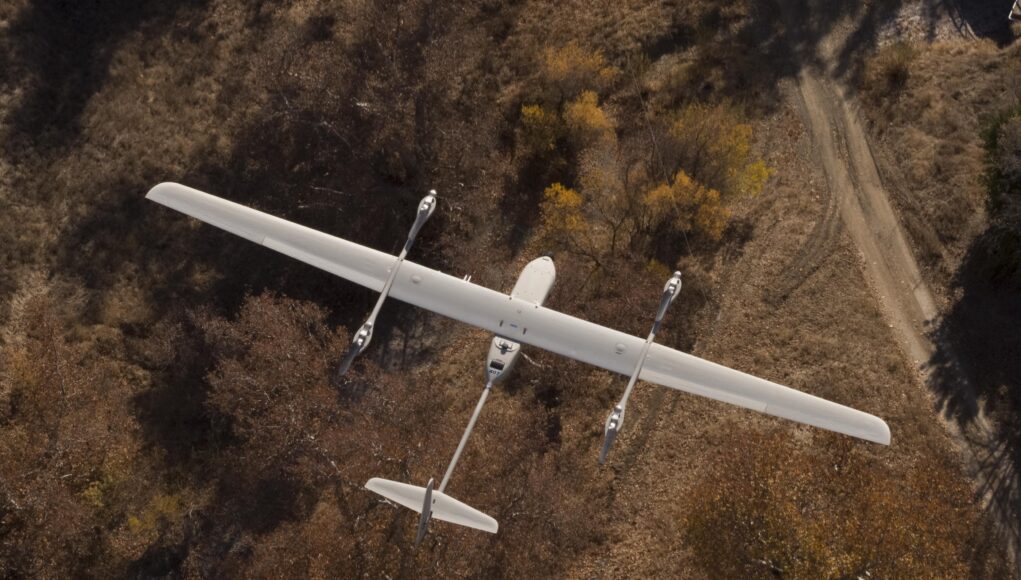
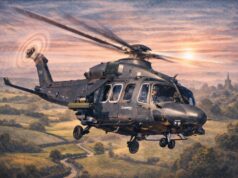
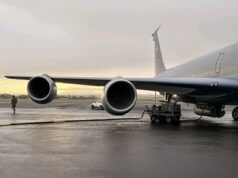
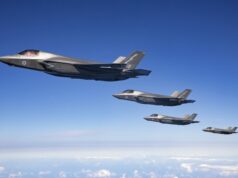
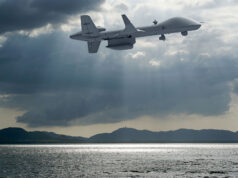
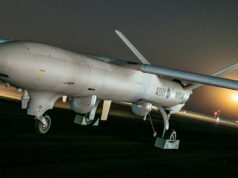
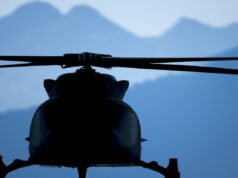
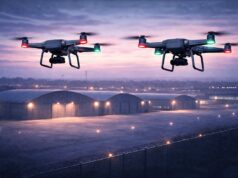
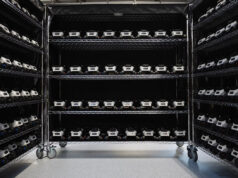
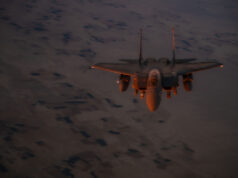
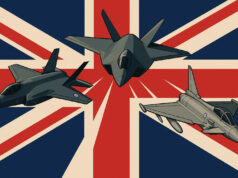

Totally agree.
We need to master drones of all shapes and sizes plus we need to be able to counter the same threats.
We also need to be able to build them on a production line basis.
I would be cautious about reading too much into the naval aspect of this. The Black Sea is a glorified lake with well known harbours, likely positions of vessels and no where really to hide in the depth of a full ocean. A quick look at the Black Sea shows that about the furthest point from land is about 150miles – in the western end. Much of it is less than 100miles to land.
Its a different game in the expanse of the Atlantic or Pacific when a ship can be thousands of miles from land. Where a deep water navy is required, with larger vessels that won’t be sunk as easily as little more than coastal patrol vessels. Throw in a deep winter storm and sea conditions, wind etc then how will a relatively light drone fair?
Bigger than Moscow?
But you have to remember although there are vast tracks of oceans most of it is pretty meaningless..because the world is divided into choke points and specific areas of the littoral that have strategic value.. most naval conflict happens around these specific points NOT in the vast open Ogin..because two ships coming across each other and finding each other say in the mid pacific is essentially pretty impossible.
Dropped from a plane and submerged. Pretty well I would suggest.
I’d be cautious that HMG don’t make this as an excuse to throw conventional defence under a bus, even more than they are doing already.
A Drone cannot hold ground, no more than a FPV replace SP Artillery.
All have their place. All have a counter and a counter counter.
An effective mix is needed.
Agreed, it needs to be additive rather than in replacement.
Has Mr Carns not realised that the MOD has actually a deep understanding of drones and has been able to inform many future decisions as it consults stakeholders about emerging technologies and threats and triples lethality.?
Those biscuits won’t eat themselves you know!!
Our long running joke seems never ending, sadly!
Quite a decent thread by George 😉
And yes, highlighting the change in the battlefield, much like in 1914… cavalry charging with horses against machine guns
So what are they going to do? There seem to be some people in the Army who know drones are needed as a “force multiplier.”
Exercise Bull Storm 26 is, according to a Major of 3 Rifles, a likely time when we see drones in decent numbers
Wanting to see platoons trained up for them …
We do have some catching up to do!
“Given that the UK is being left behind in almost every respect as we regress to the status of a developing nation, why not be left behind on drones as well? After all, someone always pulls a rabbit out of the hat at the last minute, right? Why not save a few quid in the meantime?”
– Labour’s autumn budget statement 2025